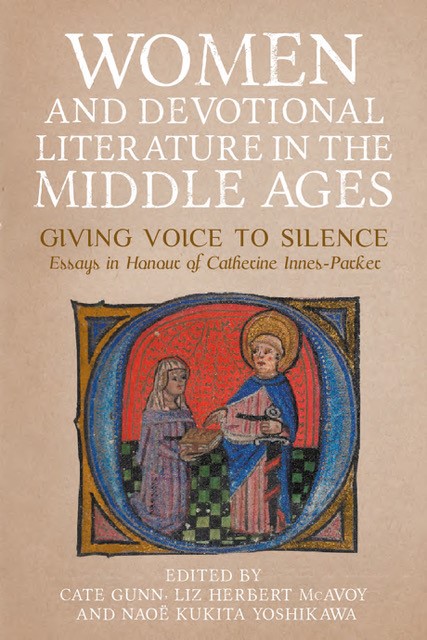
Silence was a much-lauded concept in the Middle Ages, particularly in the context of religious literature directed at women. Based on the Pauline prescription that women should neither preach nor teach, and should at all times keep speech to a minimum, the concept of silence lay at the forefront of many devotional texts, particularly those associated with various forms of women's religious enclosure. Following the example of the Virgin Mary, religious women were exhorted to speak seldom, and then only seriously and devoutly. However, as this volume shows, such gendered exhortations to silence were often more rhetorical than literal. The contributions range widely: they consider the English 'Wooing Group' texts and female-authored visionary writings from the Saxon nunnery of Helfta in the thirteenth century; works by Richard Rolle and the Dutch mystic Jan van Ruusbroec in the fourteenth century; Anglo-French treatises, and books housed in the library of the English noblewoman Cecily Neville in the fifteenth century; and the resonant poetics of women from non-Christian cultures. But all demonstrate the ways in which silence, rather than being a mere absence of speech, frequently comprised a form of gendered articulation and proto-feminist point of resistance. They thus provide an apt commemoration and celebration of the deeply innovative work of Catherine Innes-Parker (1956-2019), the respected feminist scholar and a pioneer of this important field of study.
-https://boydellandbrewer.com/9781843846628/women-and-devotional-literature-in-the-middle-ages/
